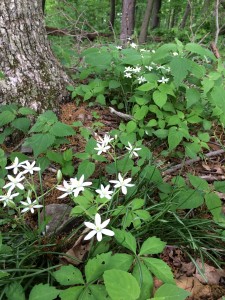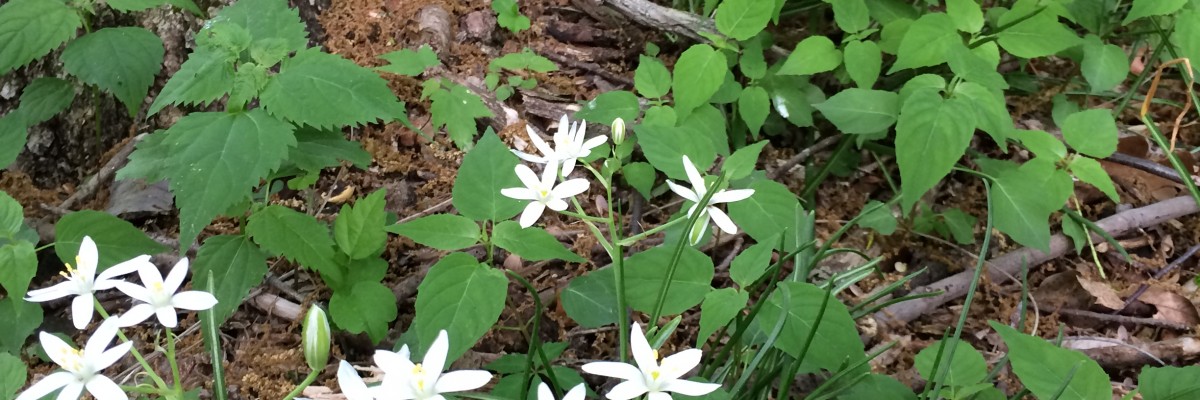 It’s been one of those days—when beauty and horror break against each other, when at one moment the world seems startlingly cruel but gentle the next.
It’s been one of those days—when beauty and horror break against each other, when at one moment the world seems startlingly cruel but gentle the next.
Cora was up early this morning, and when Jesse took her out of our room to change and dress her, I rolled over and checked the BBC on my phone. (I know, what a depressing/boring thing to do first thing in the morning.) The first article in Top Stories: “IS threat to rare bird near Palmyra.” We’ve all heard about the atrocities committed by IS in Iraq and Syria—the videoed beheadings, mass executions, the destruction of priceless ancient art—but we haven’t heard much about the effects of war on wildlife. The Northern Bald Ibis is one of my favorite weird birds. They’re awesomely ugly, with a wrinkly bald face, long pink beak, and a mane of spiky black feathers. When Jesse worked as a veterinarian at the National Aviary in Pittsburgh, he took care of a Northern Bald Ibis with a chronic skin condition—I’d heard a lot about that individual bird, one of Jesse’s favorite, and most frustrating, patients.
In the early 2000s, a very small population of Northern Bald Ibis was discovered in Syria—“small” like seven birds. Conserving the critically endangered species was so important that the Syrian government installed Bedouins to guard them around the clock. Well, that small ibis population dwindled to four individuals, and the BBC reports that a few days ago, the folks guarding these last ibises fled ahead of the IS invasion. Who knows what their fate will be? I fear the worst—that barbarism will extend even to harmless, critically endangered wildlife.
I’ve long wanted to write a book about Syria—focusing in part on bird conservation there, and in part about my family’s history. My grandfather was born in Almishtaya, not far from Homs. Google tells me it’s about a two-and-a-half hour drive from there to Palmyra. I still hope to travel there one day (and write the book) but both are on hold at the moment. My friend and mentor, writer Kevin Oderman, has an essay called “Trips Not Taken”; perhaps I should write “Birds Not Saved,” and begin with Syria’s Northern Bald Ibis…
Next, a beauty: breakfast with two friends while Grandmom and Grandpop, visiting for the weekend, watched Laurel and Cora. One of these friends just had his knee replaced, and he’s doing great. He’s 81 years old. It’s inspiring—I hope I make it to 81, and that I’m still active and strong enough to undergo such a surgery.
But on the drive away from breakfast, a horror. In front of us, from the opposite side of Cheat Road, an animal darted into traffic. An oncoming car didn’t even slow down. The horrifying impact left the animal seizing on the double yellow line. We pulled over but the car that hit it never slowed down, not even after. It was a dog; no, a raccoon. Then: “A fox,” said Jesse. “Gray fox.” We watched her mouth snapping as her head stretched back, then forward to the pavement. The thick, gray fur of her tail trembled in the breeze, and after an agonizingly long time, she stopped breathing. We parked on the side of the road for a few more minutes while I sobbed and wailed. I haven’t cried that hard in a long time. A beautiful gray fox. I imagined her babies tucked in a den somewhere, waiting for a meal that would never come.
We finally pulled back onto the road and made it to our destination—our friends’ house along the river—and more beauty. We were scouting the area for an impending bird release, and leaned out over the river, our forearms resting on the sun-warmed deck railing. A Northern parula sang overhead. A hooded warbler. A phoebe danced over the water, hawking insects. Up the mountain behind us, a wood thrush. Below us, water rippled against the rocky, rhododendron-thick shore.
The horror and beauty continued: we answered a call from someone with baby owls. The finder was reluctant to return them to where she’d found them. They were Eastern Screech-owls. Two seemed like healthy fledglings, and with just a little encouragement they flew up into a tree on their own, very close to where she’d found them. But a third—several days younger than the others—was cold, thin, and unresponsive. He was unable to stand. We loaded him into the Jeep.
Driving away, down a one-lane road between forest and field, hopelessness filled me. The baby owl would probably die, and if he survived, he could have a tough time figuring out how to be an owl without siblings and owl parents. I thought again of the fox and everything darkened. But then something buzzed outside, and we slowed the car and lowered the windows. I heard it again: Cerulean Warbler. He kept singing as we drove away.
Still another beauty—a cookout with friends. Four girls under the age of five, three of them splashing in an inflatable pool, three of them swinging together in a hammock, one of them crawling around the grass. All of them laughing. Ovenbird, Field Sparrow, Red-eyed Vireo.
And at some point I remember that this is Monday, a holiday. A day dedicated to remembering war dead, young people who died violently. A day to decorate graves. And I’m reminded again of those ibises caught in a war, and of all kinds of violent deaths, and of babies without parents. And I hope the coming days have less horror and more beauty. I need it. We need it.
